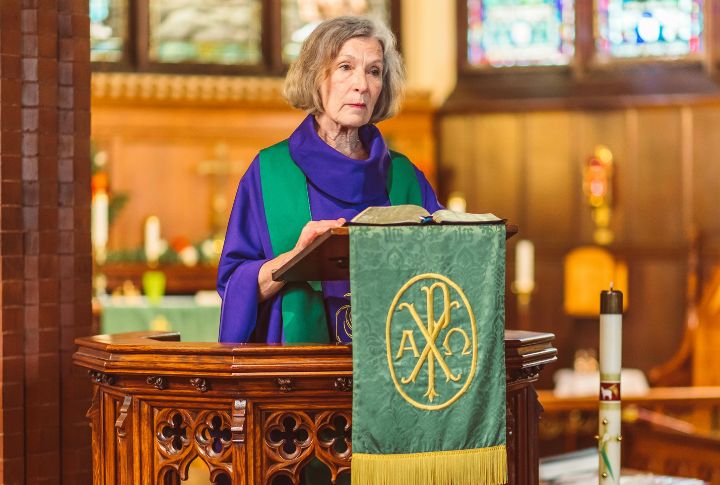
You know the moment when a thought about Christianity crosses your mind, yet you stop short of saying it? Maybe you fear the reaction or think others will misunderstand. That hesitation is common, but the questions remain, shaping how you see faith in everyday life. Here, those unsaid thoughts finally take shape—the very questions many keep inside when Christianity comes up.
Why Are There So Many Different Denominations If Christians Follow The Same Bible?

The Protestant Reformation introduced “sola scriptura,” the idea that Scripture alone should lead belief. That shift fractured Christianity into a patchwork of traditions. Distinct interpretations of the same text led to different organizational models and worship practices, which created today’s thousands of denominations.
If God Is Loving, Why Does He Allow Suffering?

The Book of Job presents one of Christianity’s oldest dilemmas: how love and suffering coexist. Explanations differ widely; some emphasize God’s sovereign plan, others highlight human free will. Many believers conclude that hardship itself can refine spiritual character, making suffering a space where faith deepens rather than disappears.
Do Non-Christians Automatically Go To Hell?
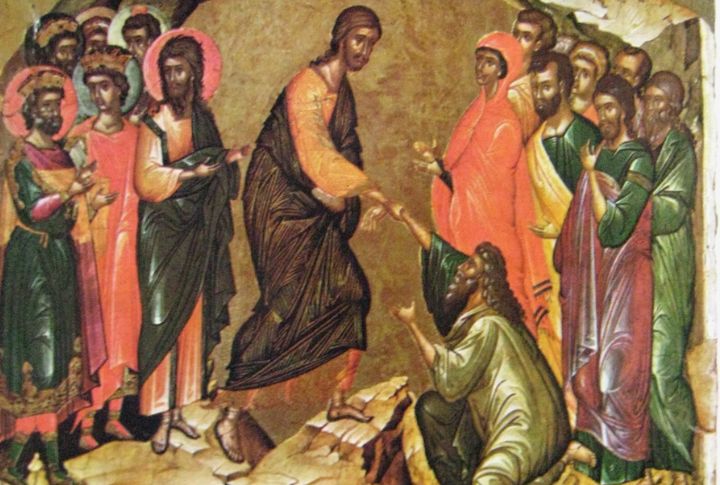
Some Christians believe only explicit faith in Jesus saves, meaning non-Christians face hell. Others trust God’s mercy for sincere seekers, even without knowing Christ. Views vary widely, but most agree: final judgment rests with God, whose love and justice surpass human understanding—not ours to decide.
Why Do Some Christians Take The Bible Literally And Others Symbolically?
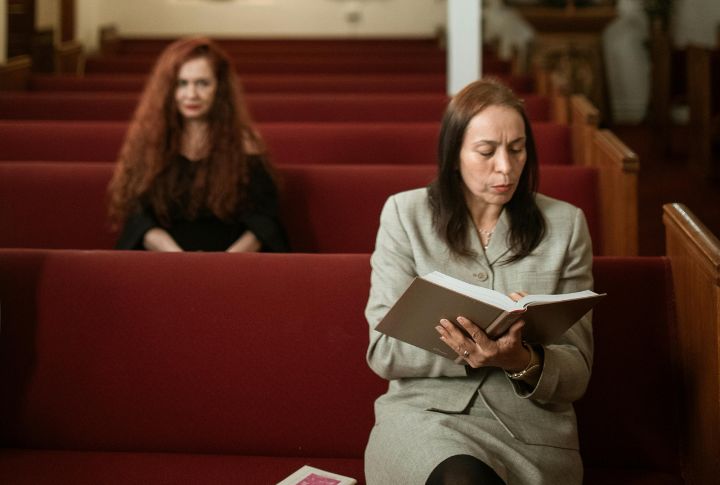
Interpretations of the Bible span a wide spectrum shaped by history and tradition. Certain groups hold to literal readings of the text, while others approach passages symbolically. Methodists use the Wesleyan Quadrilateral (scripture, reason, tradition, and experience), while Anglicans often walk a “middle way” balancing both perspectives.
Why Are Same-Gender Relationships Such A Debated Issue In Churches?

Churches examining the same scriptures usually reach opposite conclusions. Traditional communities read the text as prohibiting same-gender relationships outright. Progressive denominations, however, find space for affirmation through contextual study and guidance of the Spirit. The tension has fractured institutions, including Methodists and Anglicans, into opposing camps.
Why Can’t Women Lead In Many Christian Traditions?

Debates over women in leadership hinge on specific biblical passages, including 1 Timothy 2:12, which some interpret as limiting roles to men. Other churches read scripture differently and now ordain women as pastors and bishops. The divide reflects how traditions adapt or resist change when gender roles are reconsidered.
How Do We Know The Bible Hasn’t Been Changed Over Time?

Concerns about alteration are addressed through thousands of ancient manuscripts that allow scholars to trace remarkable consistency. The Codex Sinaiticus is one example of this record. Careful copying practices and cross-checking across traditions demonstrate that the Bible’s core message has endured through centuries.
Why Does God Seem So Different In The Old Testament Compared To The New?
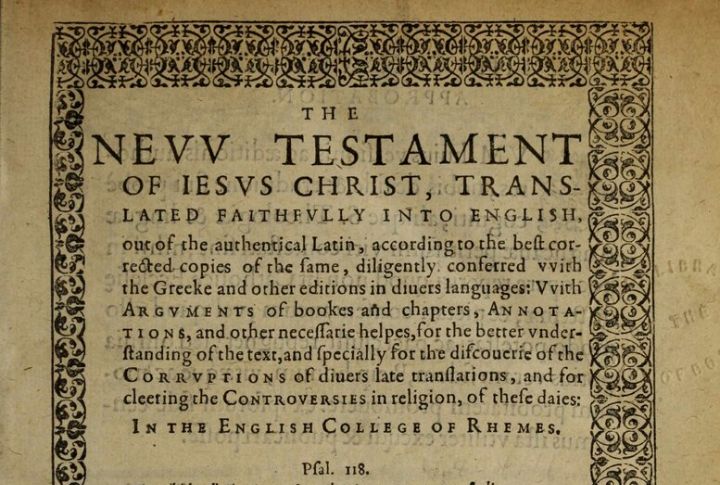
The God depicted in Israel’s history often appears severe, while the New Testament emphasizes divine love. Early groups like the Marcionites even proposed two separate gods, a view Christianity rejected. Theology explains the difference as distinct covenants that reveal complementary dimensions of the same unchanging character of God.
Do You Really Have To Go To Church To Be A Christian?
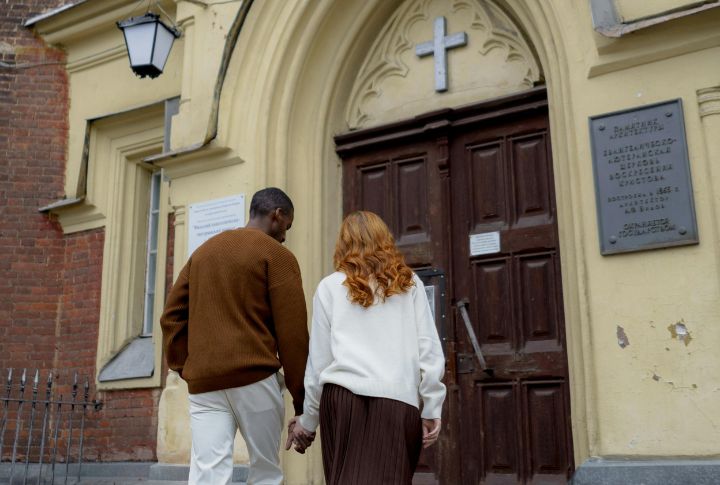
Christianity ultimately rests on faith in Christ rather than attendance at a particular building. Still, most traditions encourage worship together as a way to grow spiritually and strengthen community. Independent Baptist churches set their own standards, but many denominations stress that salvation is not dependent on physical presence.
If God Forgives, Why Does Sin Still Matter?

Forgiveness doesn’t erase the consequences of harmful choices. Christian teaching holds that sin disrupts both the relationship with God and relationships with others. Recognizing sin leads to repentance, which brings transformation. Many traditions incorporate confession and absolution as regular practices to help believers maintain a healthy spiritual life.
Why Do Christians Pray If God Already Knows Everything?

Prayer in Christianity isn’t about giving God information He lacks. Believers pray to build relationships, show gratitude, and seek direction for daily life. The Lord’s Prayer unites Christians collectively, and personal prayer helps align individual hearts with God’s purpose in ways that deepen spiritual connection.
Why Doesn’t God Perform Miracles Today Like In Bible Times?
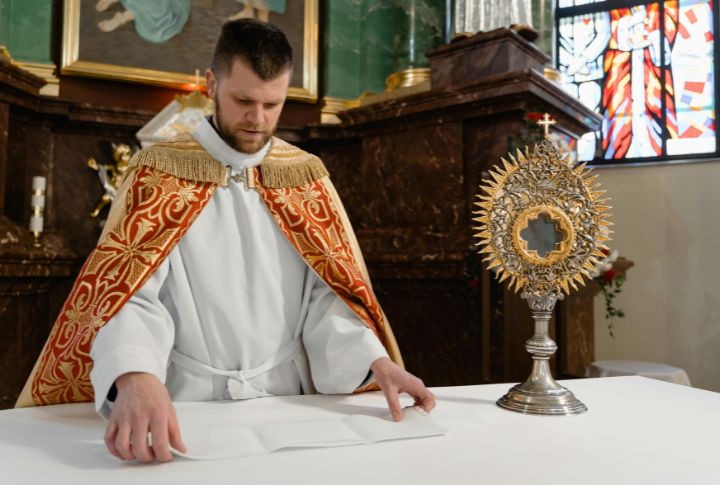
Accounts of healing services and answered prayers suggest many Christians believe miracles still occur. Pentecostal and Charismatic traditions emphasize God’s ongoing supernatural activity and point to events resembling the healings described in Acts. Other denominations may interpret miracles more symbolically, though the expectation of divine power remains present.
How Can Christians Justify Wars And Violence In History Done In God’s Name?
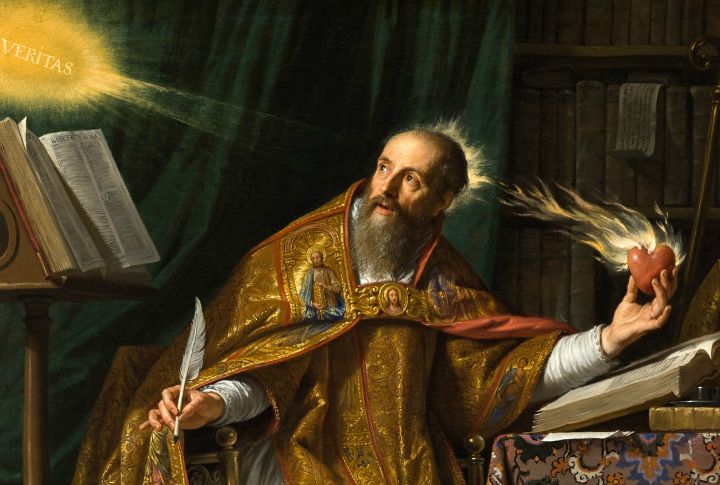
Some Christians point to “just war” theory, developed by thinkers like Augustine, to ethically frame conflict. Others acknowledge that rulers misused religion to justify violence, including the Crusades. Today, many denominations emphasize peace, with some—like Quakers and Mennonites—rejecting violence entirely as incompatible with Jesus’ teachings.
Why Do Some Churches Get Involved In Politics?
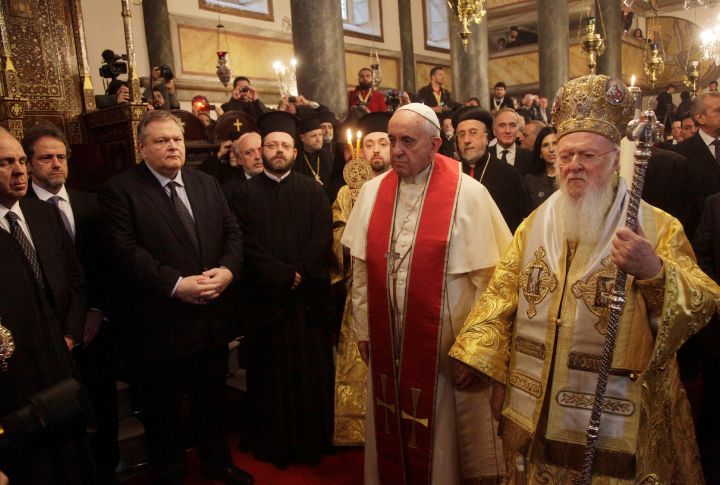
A few churches get involved in politics to advocate for moral values, influence legislation, or address social issues like poverty and justice. They see civic engagement as part of their mission, believing faith should shape public life, not just private belief. Political action becomes a form of ministry.
Is It Wrong To Question Your Faith?

Questioning belief is often understood as part of spiritual growth. Some churches create spaces for dialogue and welcome difficult questions, while certain traditions emphasize holding firmly to established beliefs. Biblical texts like the Psalms reveal that doubt and honest searching can belong within a faithful life.
Why Are Science And Christianity Often At Odds?

Tension between faith and science usually arises over topics like evolution or miracles. Yet history also shows deep compatibility: Isaac Newton, for example, viewed discovery as revealing God’s design. The Catholic Church formally accepts evolution, but some groups still continue to resist scientific consensus on certain issues.
Why Does The Church Talk So Much About Money And Tithing?

Financial support keeps churches running: funding buildings, staff, and outreach programs. Beyond practical needs, giving is tied to biblical principles. Some communities emphasize the Old Testament practice of tithing, and many connect generosity to modern teachings such as the prosperity gospel. Both approaches show how faith connects with material life.
If Salvation Is By Faith, Why Do Good Works Matter?

Christian teaching frames good works as evidence of authentic belief rather than a means of earning heaven. The Letter of James captures this idea with its statement that “faith without works is dead.” Catholic and Orthodox traditions highlight sacraments as works of grace essential to spiritual life.
Why Are There So Many Contradictions In The Bible?

Differences across biblical passages arise from translation or writing style rather than deliberate inconsistency. Spanning more than 1,500 years and many authors, the Bible brings together diverse voices. Denominations debate these tensions, while study tools aim to show how apparent contradictions can hold theological coherence.
What Happens To People Who Never Hear About Jesus?
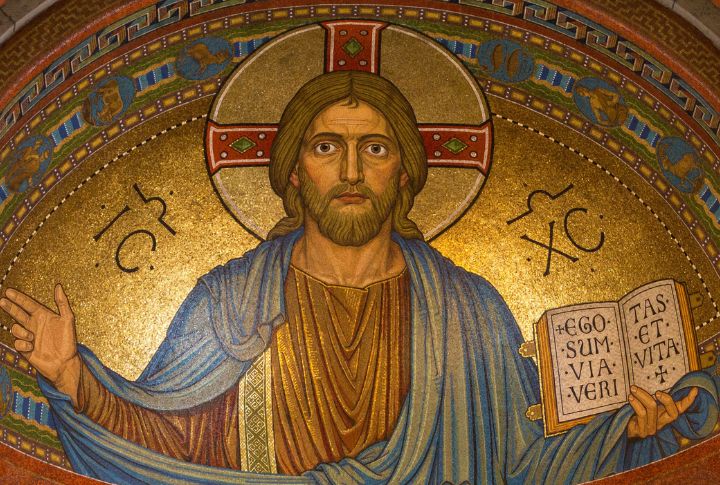
Christians differ on this deeply personal question. Some believe salvation requires explicit faith in Jesus, while others trust God’s mercy for sincere truth-seekers. Catholic teaching allows hope for those who live by grace unknowingly. Ultimately, many affirm that God’s judgment is just, loving, and beyond human understanding.

